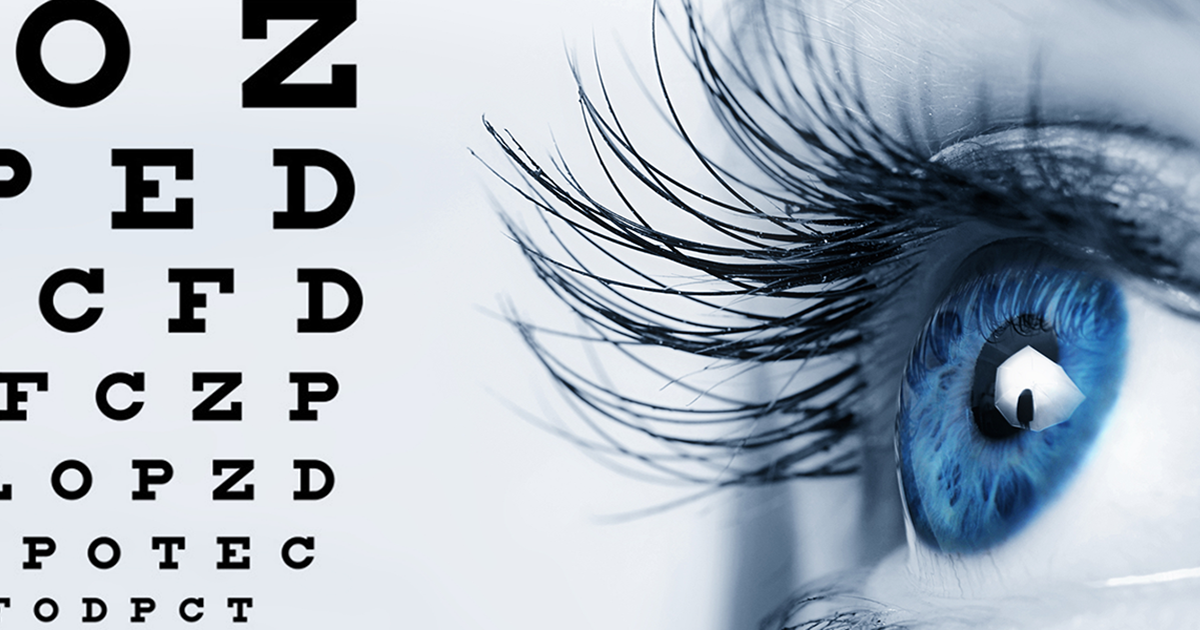Expert Glaucoma Service Near Me: Advanced Therapy Options
Expert Glaucoma Service Near Me: Advanced Therapy Options
Blog Article
Comprehending the Numerous Eye Issues Treated by Specialized Eye Treatment Professionals
In the realm of eye treatment, specialized specialists play a crucial role in diagnosing and dealing with a vast array of eye conditions. From common refractive mistakes that impact vision clarity to age-related conditions that posture difficulties as we age, the proficiency of these professionals includes handling vision-threatening illness and detailed corneal disorders. Moreover, the complexities of neurological eye conditions existing one-of-a-kind challenges that necessitate specialized treatment. As we start this exploration of the numerous eye conditions addressed by specialized eye treatment professionals, it comes to be apparent that the elaborate web of ocular health holds a myriad of fascinating insights waiting to be uncovered.
Common Refractive Mistakes
Refractive mistakes are usual visual conditions triggered by a blemish in the eye's ability to correctly concentrate light, causing blurred vision. The most prevalent types of refractive mistakes consist of myopia (nearsightedness), hyperopia (farsightedness), astigmatism, and presbyopia. Nearsightedness occurs when the eyeball is as well lengthy or the cornea is too bent, causing distant challenge appear blurred. Hyperopia, on the other hand, happens when the eyeball is also short or the cornea is as well flat, leading to nearby things running out focus. Astigmatism is defined by an irregularly shaped cornea, resulting in altered or blurred vision at all distances. Presbyopia is an age-related problem where the lens loses its flexibility, making it hard to concentrate on close items.
These refractive mistakes can be corrected through numerous methods, consisting of glasses, contact lenses, or refractive surgical treatment. Eye care specialists play a critical duty in detecting and taking care of refractive mistakes to help individuals attain more clear vision and boost their quality of life.
Age-Related Eye Conditions
One of the most widespread age-related eye conditions is age-related macular degeneration (AMD), an illness that triggers central vision loss and can make activities like analysis and driving challenging. Cataracts, another usual problem amongst older individuals, create clouding of the eye's natural lens, leading to blurred vision. Routine eye tests with specialized eye care experts are essential for very early detection and administration of these age-related eye conditions to maintain vision and keep eye wellness as people expand older.
Vision-Threatening Illness
Vision-threatening diseases include a variety of severe eye problems that have the prospective to significantly impact an individual's vision and general aesthetic feature. These diseases pose a danger of irreversible vision loss if not without delay identified and treated by specialized eye care experts. Some common vision-threatening illness include glaucoma, diabetic retinopathy, age-related macular degeneration (AMD), and retinal detachment.
Glaucoma is a group of eye problems that harm the optic nerve, often due to high intraocular pressure, leading to outer vision loss and potential loss of sight if left unattended. AMD is a progressive condition impacting the macula, leading to main vision loss.
Early detection, normal eye examinations, and prompt treatment are vital in handling vision-threatening conditions to protect sight and keep high quality of life. Specialized eye care professionals play an essential role in diagnosing, dealing with, and managing these problems to protect against irreversible vision loss.

Corneal Problems
Corneal problems encompass a spectrum of conditions that affect the transparent front component of the eye, known as the cornea. These problems can cause discomfort, aesthetic disruptions, and in serious situations, vision loss. One typical corneal problem is keratoconus, where the cornea thins and protrudes outward into a cone form, causing astigmatism and obscured vision. Corneal dystrophies, such as Fuchs' dystrophy, cause progressive vision loss as a result of irregular down payments in the cornea. Corneal abrasions, typically triggered hop over to here by injury or foreign helpful site objects, can result in discomfort, redness, and level of sensitivity to light. Furthermore, infections like keratitis can irritate the cornea, potentially causing scarring and vision problems otherwise without delay dealt with. Therapy for corneal disorders varies relying on the particular condition but might include drugs, get in touch with lenses, or in severe instances, corneal transplants. Normal eye examinations are vital for very early detection and monitoring of corneal problems to preserve vision and eye wellness.
Neurological Eye Problems
Neurological eye conditions involve problems that influence the link between the eyes and the brain, affecting aesthetic handling and general eye function. These problems can manifest in various methods, impacting vision, eye activities, and even the control in between the eyes. One usual neurological eye condition is optic neuritis, characterized by swelling of the optic nerve bring about vision loss, color desaturation, and discomfort with eye movement.
An additional significant problem is nystagmus, where the eyes make recurring, uncontrolled activities, affecting visual acuity and depth understanding. Additionally, conditions like amblyopia, often referred to as "careless eye," arise from abnormal aesthetic advancement in very early childhood years, bring about reduced vision in one eye.
Neurological eye problems require customized care from professionals like neuro-ophthalmologists who have experience in both neurology and ophthalmology. Diagnosis typically includes an extensive eye assessment, imaging studies, and collaboration with neurologists to deal with the underlying neurological concerns impacting the aesthetic system. Treatment approaches can include medication, vision treatment, or in severe cases, medical interventions to handle these complex conditions effectively.

Conclusion
Finally, specialized eye care professionals deal with a wide variety of eye problems, consisting of common refractive errors, age-related eye conditions, vision-threatening diseases, corneal conditions, and neurological eye conditions - refractive surgeries in al. By recognizing these various problems and seeking suitable therapy from eye treatment specialists, individuals can keep optimum eye health and vision. It is essential to prioritize regular eye exams and follow recommended treatment strategies to preserve and shield useful source one's vision for the future
Report this page